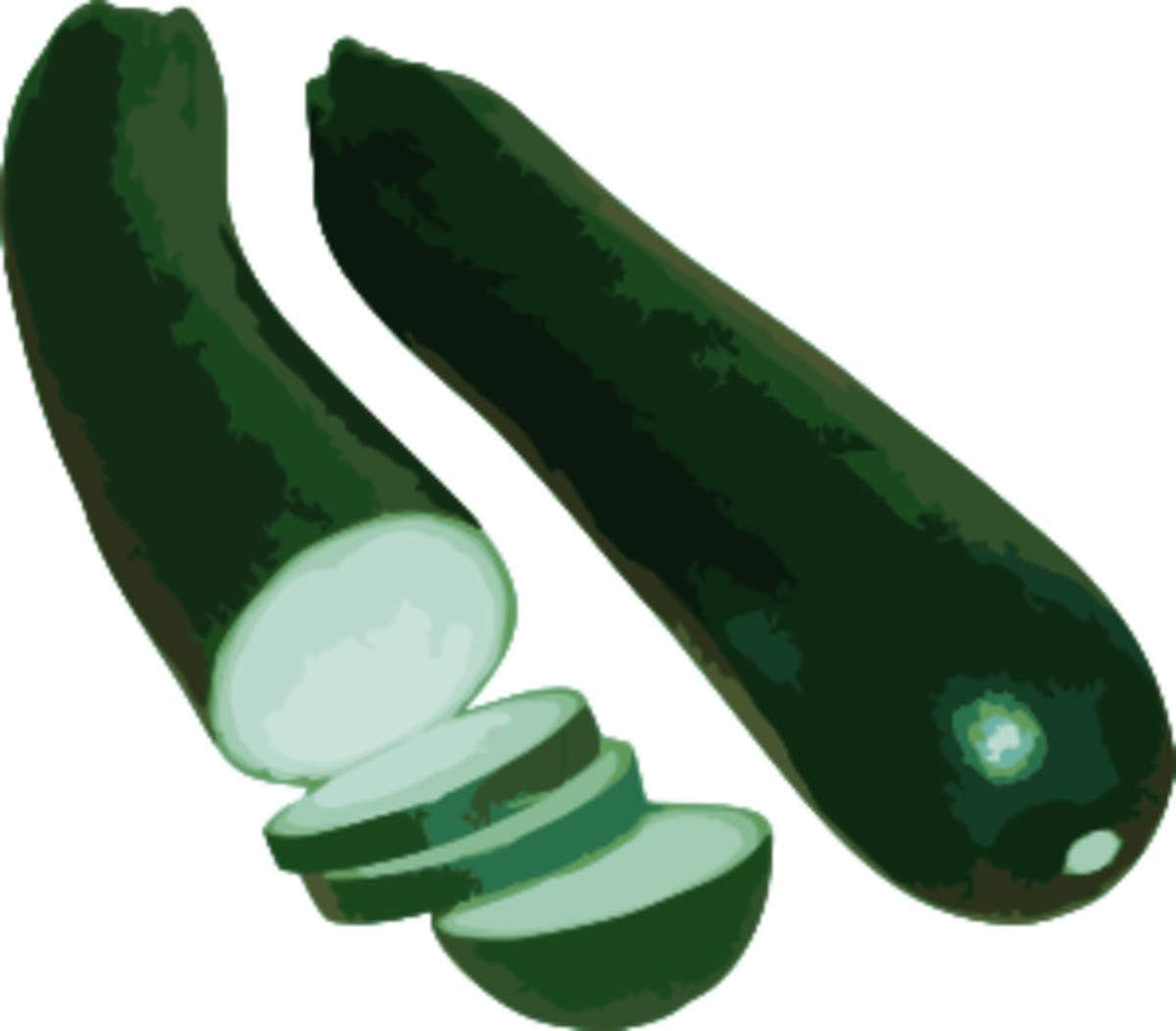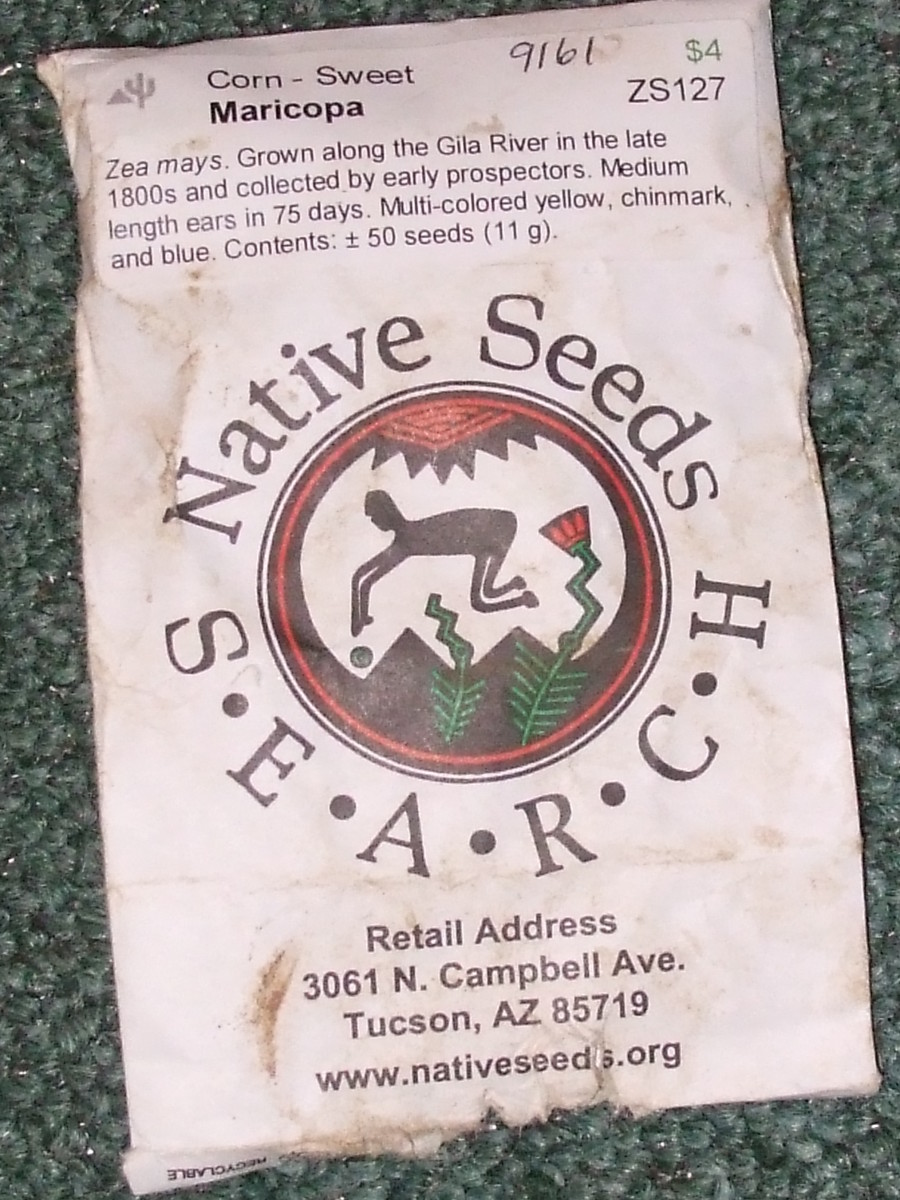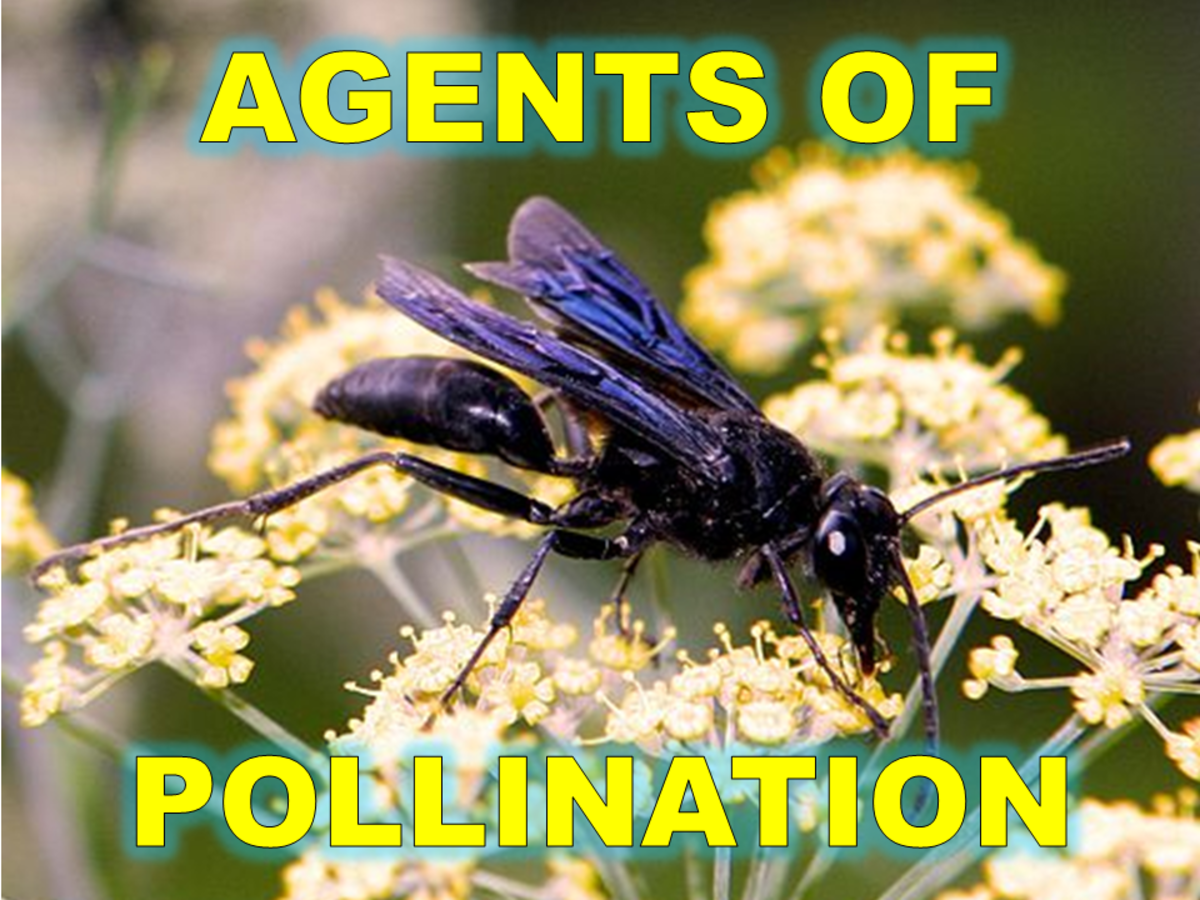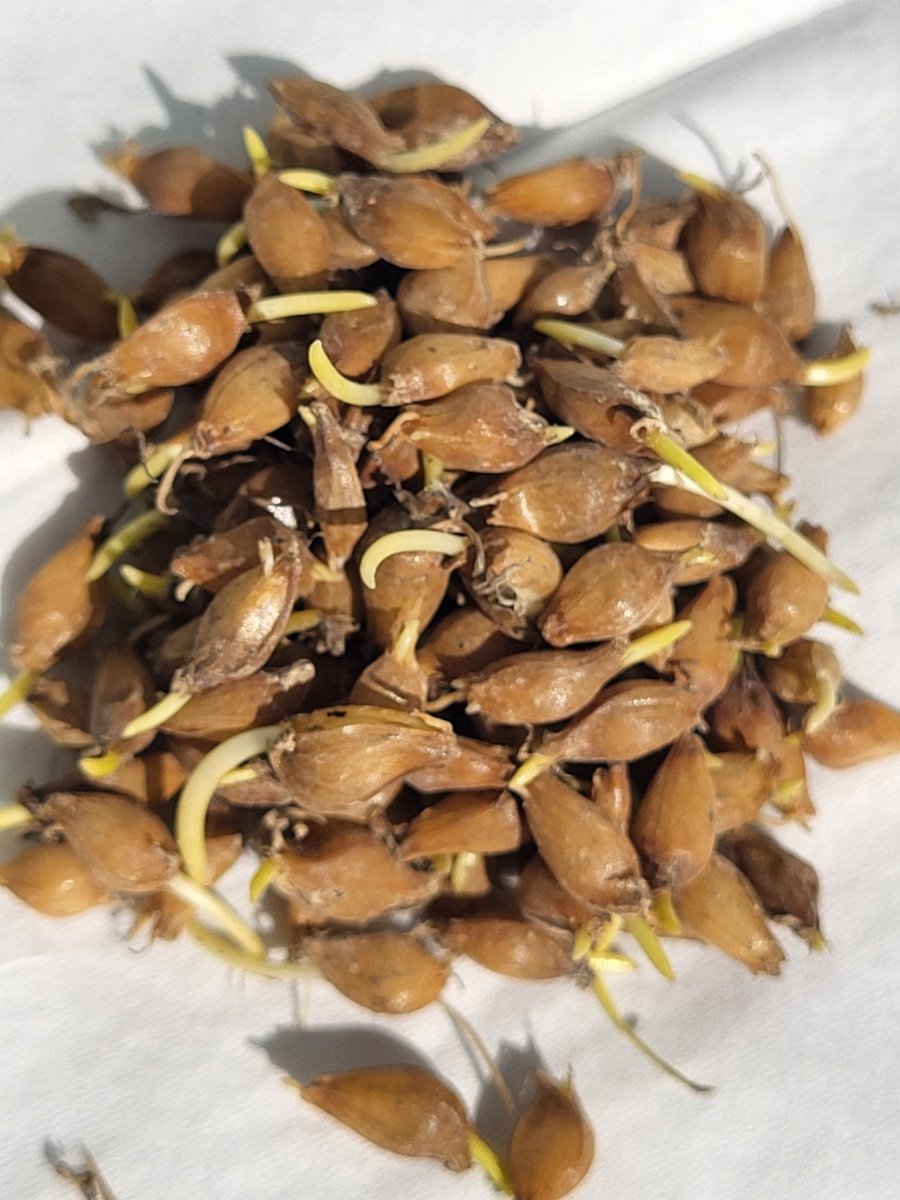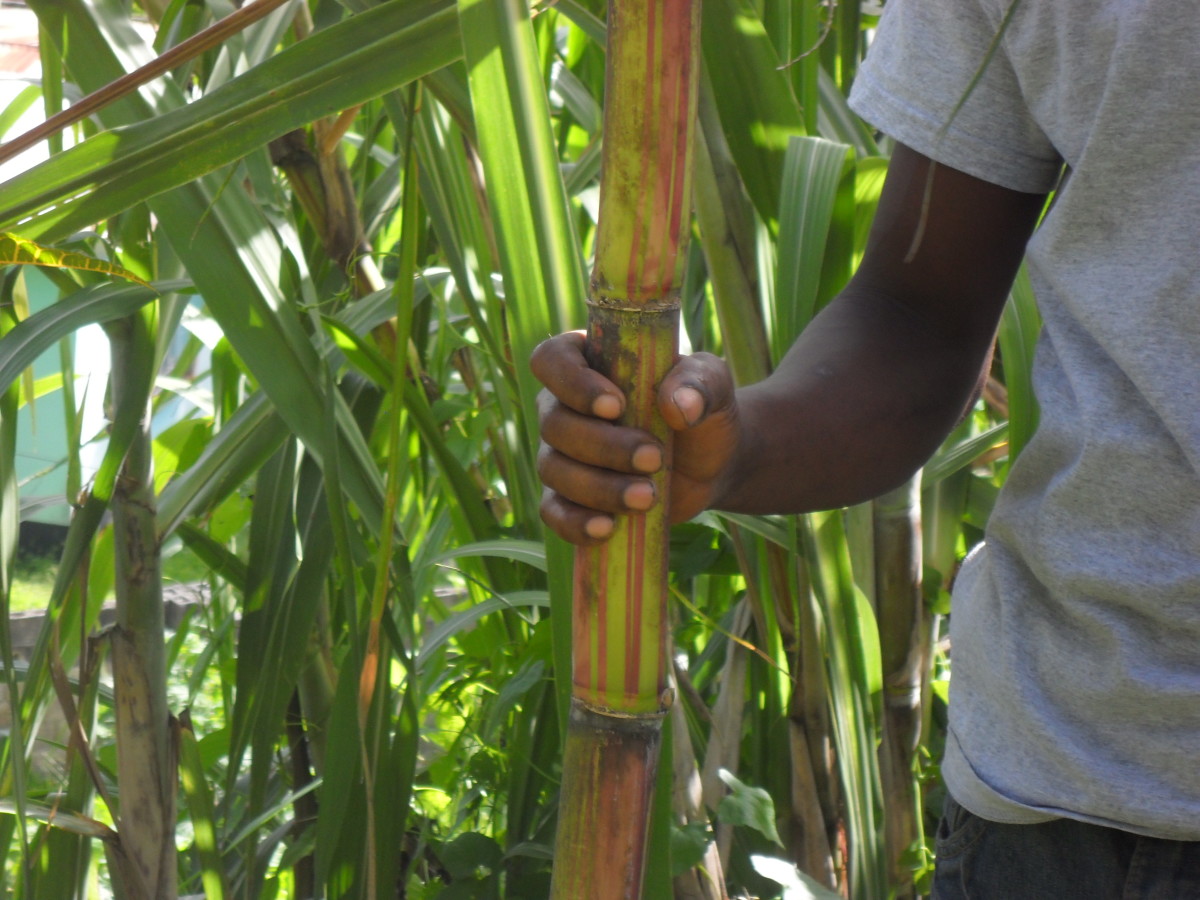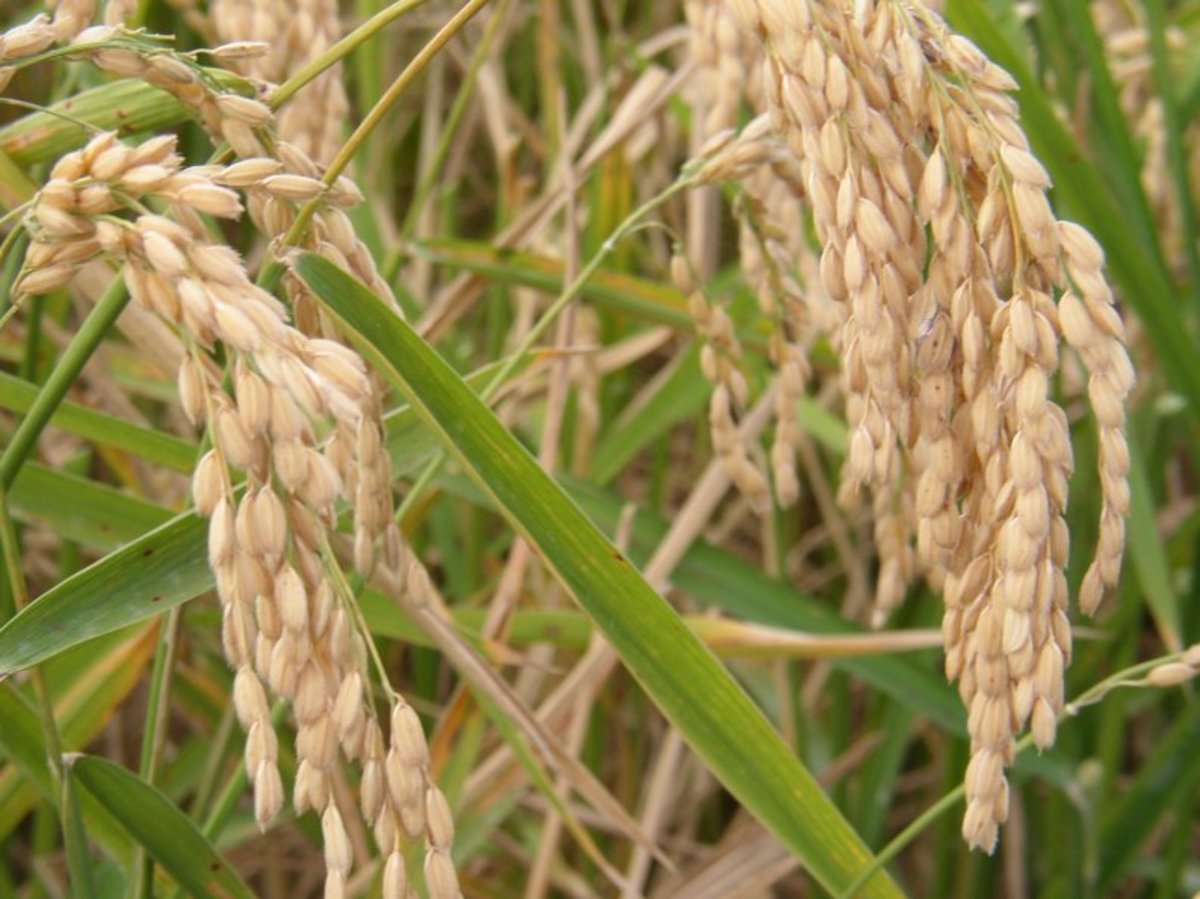The Difference Between Gmo, Hybrid, and Heirloom Seeds
Confusion About Seeds
Much confusion exists concerning GMO, Hybrid, and heirloom seeds. Some of us believe that there are no differences between heirloom seeds and hybrid seeds. Still, others believe that GMO seeds have been around for centuries because they do not realize the difference between hybrid seeds and GMO seeds. Distinct differences do exist. What are these differences? Why should it matter to any of us?
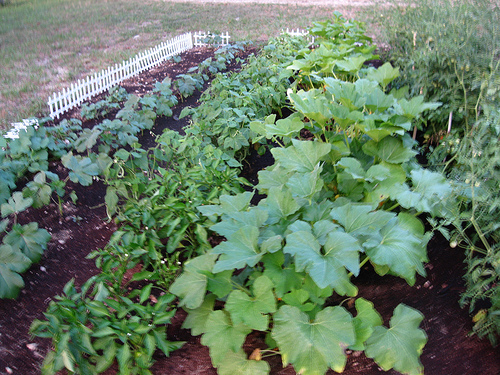
What is an Heirloom Seed?
An heirloom seed is a seed from a plant that has been passed from one generation to another. The plants are carefully grown, and the best seeds are saved.
The grower values these seeds for many possible reasons. The reason could lie in its flavor, productivity, hardiness, or adaptability. Some of these heirloom seeds have been grown and passed down for over 100 years. A few have a history dating back 300 years or more. These varieties have obviously proved their value to the growers for a very long time.
Most commercial varieties of seeds are produced for commercial reasons such as their ability to travel great distances, producing a crop that comes in all at once for easy mechanical harvest, or having extended shelf life.
Most heirlooms, on the other hand, have been saved and selected for their flavor or production for home and small market gardens. These varieties tend to produce over a long season and be the most flavorful, unique, and dependable varieties that produce year after year. Delicate or fickle varieties are not reproduced.
Are Open-Pollinated Seeds Heirloom Seeds?
Some open-pollinated seeds are heirlooms, but some are not. An open-pollinated seed is a variety of seeds that can be harvested from a plant, replanted the next year and the same variety grows year after year. All heirloom seeds are open-pollinated, but new open-pollinated seeds have been developed.
Organic Certification's Relation to Heirloom Seeds
The organic certification uses strict field and processing standards and only products produced under these standards can be labeled "organic". Organic certification is not a guarantee that an heirloom seed produced an organic vegetable or fruit. However, currently, organic certification does guarantee that a seed is not GMO.
What is a Hybrid Seed?
The term “hybrid,” refers to plant varieties that are developed through the specific, controlled crossing of two parent plants of the same plant species. Plant breeders direct the process to control the results.
An advantage of growing hybrid seed compared to open-pollinated seeds come from the ability to cross the genetic materials of two different, but related plants. These produce traits that can’t be produced through inbreeding two of the same plants. Hybrid seeds are commonly used in commercial vegetable farming.
A disadvantage is that seeds produced from hybrid plants are not likely to produce the same fruiting results as the parent plant. For satisfactory results, every generation of a hybrid seed needs to be recreated from the original plants.
How are GMOs Different?
Much is misunderstood about GMO seeds. Contrary to what many people believe, GMOs are a relatively new scientific procedure and do not occur in nature.
GMO’s-Genetically Modified Organisms mix genes in crops from unrelated organisms- for example, genes from soil bacteria, fish, etc, which could not have been mixed through biological reproduction, or conventional breeding. Two techniques are used viz ‘gene gun’ and ‘plant cancer’. These processes implant a foreign gene from an unrelated organism into the plant. In addition, antibiotic resistance marker genes or viral promoter genes are added to this process. The “yield” of a GMO crop is the yield of the original plant into which the new genes were introduced.
Corn, sugar beets, alfalfa, (not used for eating sprouts, just animal feed), soybeans, cotton (for oil), canola (also a source of oil), squash, and papaya have GMO varieties, but not every vegetable does. The government has created and approved GMO versions of tomatoes, potatoes, and rice but they are not presently commercially available. Most of our garden vegetables are not likely to be created from GMO breeding.
Which is Better?
- For individuals who want to save their own seeds from year to year and are looking for more flavorful vegetables that adapt to their specific climate, they must choose heirloom seeds over a hybrid or GMO seeds.
- However, for commercial enterprises that want to grow large crops, hybrid or GMO seeds may be what the farmer believes he or she needs in order to break even at the end of the year. The personal values of the grower determine which choice of seed types the grower will choose for his or her crops.
GMO Labeling
Here in the US, the government does not require GMO labeling on the food we buy. Individuals who do not grow their own vegetables, but do not want GMOs in their diets should always buy organic foods, especially those which are more likely to be GMOs.
This content is accurate and true to the best of the author’s knowledge and is not meant to substitute for formal and individualized advice from a qualified professional.
© 2013 Cygnet Brown

